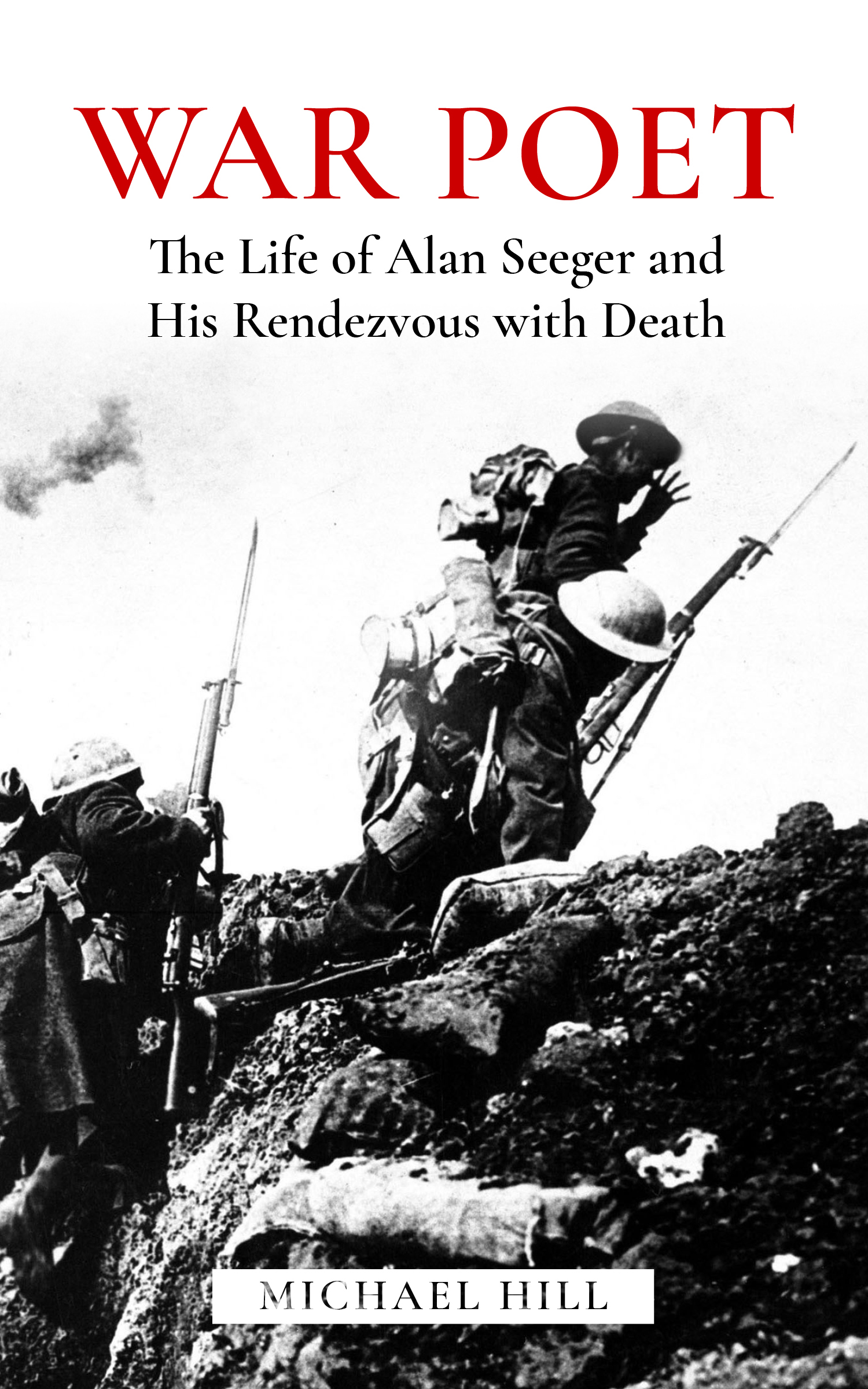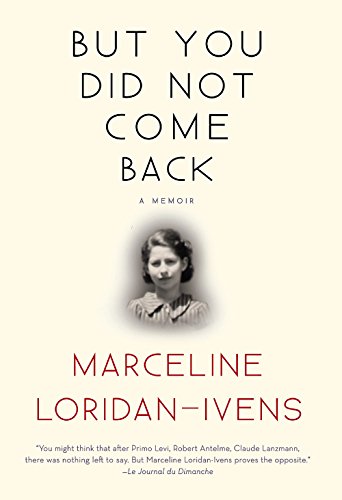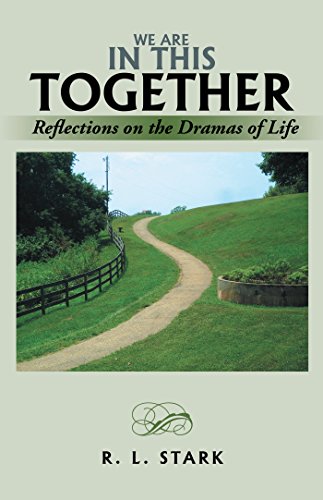War Poet: The Life of Alan Seeger and His Rendezvous with Death
Alan Seeger was born in to a well-off, literate, and cultured family and had a happy childhood, despite some family financial setbacks. In fact, one of those sent the family to Mexico, where Seeger enjoyed some of his happiest memories and developed his dreamy romanticism, an unusual combination for someone with Seeger’s penchant for action and excitement. Returning to the States, he eventually attended Harvard University, there solidifying his determination to become a poet. After graduation, however, he felt adrift; his poems found no audience and Seeger himself felt they were lacking in depth. Finally, he decided to go to Paris. There, Seeger felt he had finally found himself, producing a prolific body of poetry. Before he was able to find a publisher, however, war broke out. Seeger felt it was his duty to take a side; feeling a grateful kinship to his adopted country, he joined the French Foreign Legion. During his two years of enlistment, although he suffered, as did all the soldiers, from the filthy conditions and constant deprivations of the front, he was more frustrated with the waiting, the changes in orders, and the disappointed anticipation when his unit was held back from the fighting. When he was finally sent into the fighting, in the Battle of the Somme, he was eager and enthusiastic, although it seemed he had a premonition that this would indeed be his Rendezvous with Death.
Author Michael Hill has written an excellent biography of this poet, which thoughtfully traces the paths and influences that led Seeger to seek out war far from his American home, years before his countrymen were compelled to fight, and how Seeger’s personal journey informed his poetry. Perhaps because America was not involved in the first years of The Great War, the prevailing attitude there was more optimistic in general than in Europe. This optimism –or at least lack of despair– is reflected in Seeger’s war poems. For example, Seeger’s best-known poem, “I Have a Rendezvous with Death,” is somber yet shies away from dwelling on the senselessness of war; instead it is wistful and beautiful, even sanitizing. This is actually quite surprising. England’s War Poets, by contrast, wrote startling verses of the the gassing, the trenches, the senselessness of it all, and their growing disillusion with war. Seeger didn’t seem to feel that disillusion, even though he also saw first-hand the war’s devastation. As this biography relates, Seeger had a grander, idealized view of the glory of war and the dignity of a soldier’s death that he never lost. His experiences in Paris and his love for his new home allowed him to hold fast to his idealism and make of the suffering he endured a noble and glorious sacrifice worth memorializing.
Although he is less well-known than others of this period, Seeger’s poems have been loved and studied throughout the 20th century. Now readers can learn more about the man behind them. Seeger’s tragically shortened life was nevertheless one of interesting contrasts, and in Hill’s adroit hands readers discover how the different threads of Seeger’s life experiences, personality, and cultural immersions were woven together to produce the poet he became. This is a well-written, intelligent biography of a poet who deserves more recognition and to take his place with the other “War Poets” of World War I.
| Author | |
|---|---|
| Star Count | 5/5 |
| Format | Trade |
| Page Count | 204 pages |
| Publisher | CreateSpace |
| Publish Date | 2017-Aug-16 |
| ISBN | 9871973794969 |
| Bookshop.org | Buy this Book |
| Issue | October 2017 |
| Category | Biographies & Memoirs |
| Share |








Reviews
There are no reviews yet.